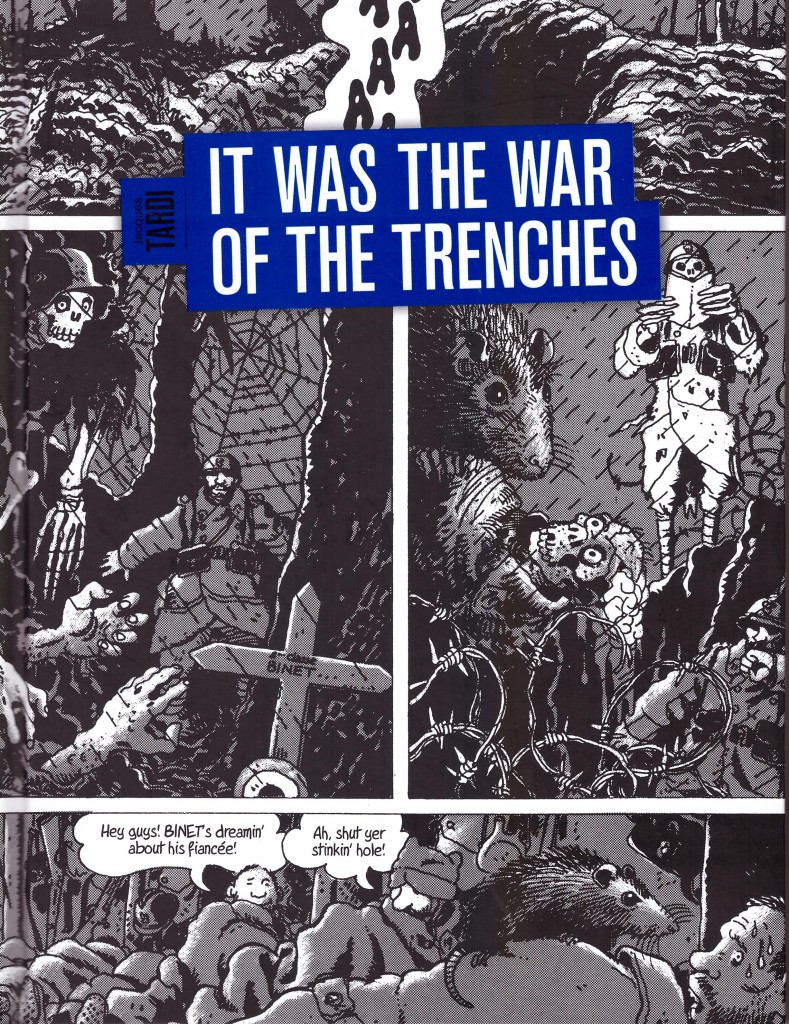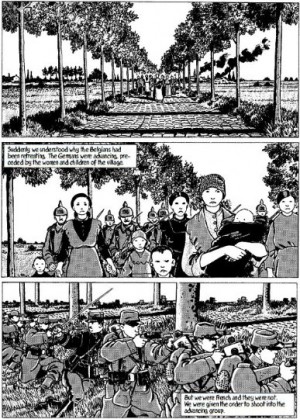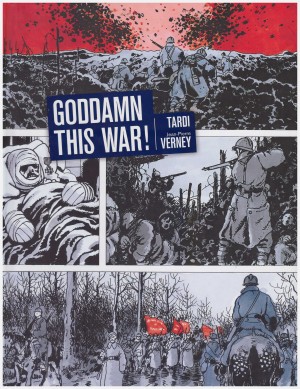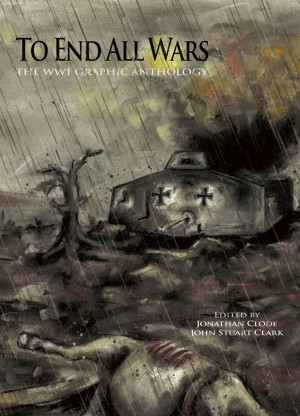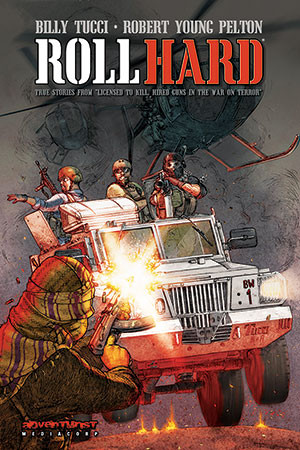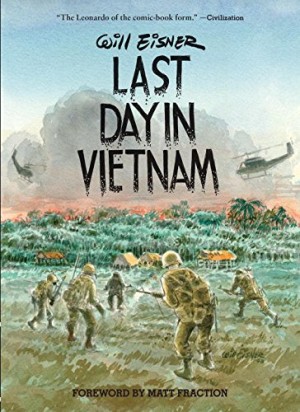Review by Frank Plowright
When it comes to the best graphic novels about World War I it’s pretty much a toss-up as to whether Charley’s War by Pat Mills and Joe Colquhoun tops the list, or if that honour should be bestowed on Jacques Tardi. It’s probably the case that neither of the writers would care, their shared concern being to present as accurate a portrayal as possible of the horrors faced by the ordinary conscript in this most wasteful of conflicts.
As his short strips weren’t being serialised in a weekly comic for young boys, Tardi had two distinct advantages. Firstly he wasn’t working to such a strict deadline, and secondly his representation of the injuries suffered on battlefields and in the trenches could be far more graphic. This isn’t a collection for the unwary, as even filtered through Tardi’s cartooning the results are gruesome, perhaps most so in the final story displaying the injuries survivors were going to have to carry through life.
Most of the stories are announced only by the date, yet it’s a specific intention to avoid the more prominent campaigns as Tardi’s interest is confined to the people and their suffering, and he investigates that in so many ways. There are the final thoughts of a man whose sudden death from an exploding shell is only moments away, the ghastly risks taken and the accepted losses of limbs as the price of escape from the war, the man who discovers a German is as ordinary as he is. Some stories take just a couple of captions. A Corsican can’t understand the orders he’s given in French and is shot for deserting his post, equally ignorant of the charges brought against him. The lie of patriotism is exposed by illustrations of a charge into the unknown and its consequences accompanied by hollow quotes about the glory of dying for one’s country.
This is a remorselessly bleak graphic novel as Tardi hammers his exhaustively researched point home. It’s a howl from the heart with no levity to distract from the soul-shredding experiences. Each time it’s presumed the most harrowing recollection has been reached, Tardi tops the horror. Every reader will find their own jaw-dropping moment, but perhaps the most unforgivable sin of all was committed by not by the Germans who these French soldiers fought, but their own superiors, whose callous attitude toward the well being of their troops was minimal. One General routinely shells his men in the trenches in order that they’re not encouraged to remain or return when a charge has been ordered. It’s considered justifiable as an example to other soldiers.
After his opener Tardi settled on three equally sized horizontal panels per page to tell his stories. It’s a deliberate evocation of widescreen cinema, and one he’d return to when he revisited World War I in Goddamn This War! It’s used solely for his war books, not considered even when dealing with more obviously cinematic material, so endowing them with a unique legacy. Tardi’s visual characterisation is superb. A feature he isolates in his introduction is the thousand yard stare so common to soldiers in the trenches, but his impressionistic cartooning masterfully captures emotion as well as its absence. Although short strips, their production was incredibly work intensive, and the research Tardi undertook to ensure faithful settings and hardware is visible on the page.
It Was the War of the Trenches is an utterly convincing collection of stories, and arguably one Tardi has never bettered.
